In February 2018 I was invited by Artercitya on a (still on-going) residency as an audio artist in a very large international project called Freiraum, organised by the Goethe-Institut and funded, amongst other important funders, by the Creative Europe Programme of the European Union. In the project, 38 cities in Europe, are dealing with the question of freedom in Europe today and consider where or how this freedom might be in danger.
(You can find details on Freiraum here: http://www.artbox.gr/2017_freiraum.html).
Co-creation
My involvement in the project, engaged Artecitya and ArtBOX (a big Creative Arts Management company) with my work as an educator here at Bournemouth University. They became particularly interested in the Graduate Production work created by our Level 6 students in the BA Media Production Course and particularly in the Graduate Production Project Unit, which I lead.
During the unit, ArtBOX, who organise the 3rd Artecitya Art Science Technology Festival – THE NEW NEW, realised by the Thessaloniki International Fair – HELEXPO, with the support of the Creative Europe programme of the European Union, came to the university and students had a chance to present to them prototypes of their graduate production work.
As a result, two of our BAMP Level 6 graduating students and my own supervisees, Daniel Bell and George Fisher, whose work fulfilled the brief of this new media arts event, were selected and presented their work, along with mine, in this major international exhibition, THE NEW NEW, in Thessaloniki –Greece between September 8 -16 2018.
In the link below you can see video and pictures from the exhibition and read details of our artworks and involvement in this major international event: http://www.artbox.gr/AST-2018.html
The three artworks, Daniel Bell’s Spectra, George Fisher’s Echoes in Space and my own Air Free, were very warmly received by the visitors and first survey results from the even organisers suggest that the work was seen by over 10.000 people and that the exhibition was voted amongst the most popular events in this major international fair.
Echoes in Space – George Fisher
Echoes in Space consists of 8 unique soundscapes and visuals themed after each of the planets’ characteristics. These soundscapes are an artistic reimagining of the Voyager probes recordings, though scattered throughout are real excerpts from the original Voyager recordings. Echoes in Space is a blurring of reality and crafted content; it asks the viewer to consider the divide between reality and fiction. As well as to understand the difficulty in comprehending what is real and what is crafted when you find yourself confronted by the unknown, and to ask oneself if there truly is a difference?
Spectra – Daniel Bell
Spectra is an audio-visual installation focusing on the contrast and convergence between the human and natural worlds. Stemming from the artists philosophy that every new concept we face in life comes to us as a spectrum of information, and to fully comprehend new concepts we must appreciate each spectra in their entirety
Air Free Future
The first iteration of my artwork Air Free that was presented in Greece, is made up of interviews with members of local communities in Thessaloniki, responding to questions on isolation and freedom. As a response to the Freiraum brief, the artwork is now entering a second phase. During this phase, I will be visiting Carlisle (UK) in order to conduct further recordings with members of the local community there on the same themes, by bringing the recordings from Greece to them. These new recordings will then be used along with the recordings from Thessaloniki in a second iteration of the artwork, which will be presented in an exhibition organised by the Goethe-Institut in Berlin Germany, between 12-13 March 2019.
Air Free Impact
My own work for Freiraum, due to its themes and very large scale international reach, lends itself rather strongly for an impact study, which I am now working on. Particularly looking at how the work brings forth issues of isolation in Europe today by bringing the voices of local communities, including the voices of minorities, in communication with each other as well as with international audiences.
 George Fisher, Echoes in Space, 2018
George Fisher, Echoes in Space, 2018
 Daniel Bell, Spectra, 2018
Daniel Bell, Spectra, 2018

Evi Karathanasopoulou, Air Free, 2018, (audience member listening).

The New New festival at TIF- Helexpo, Thessaloniki
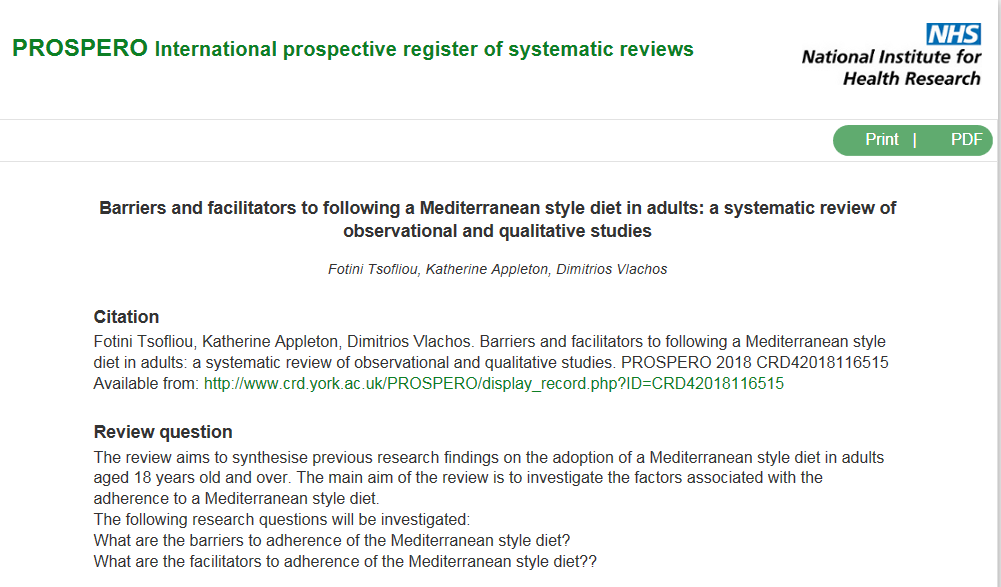
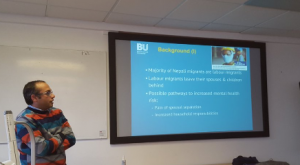


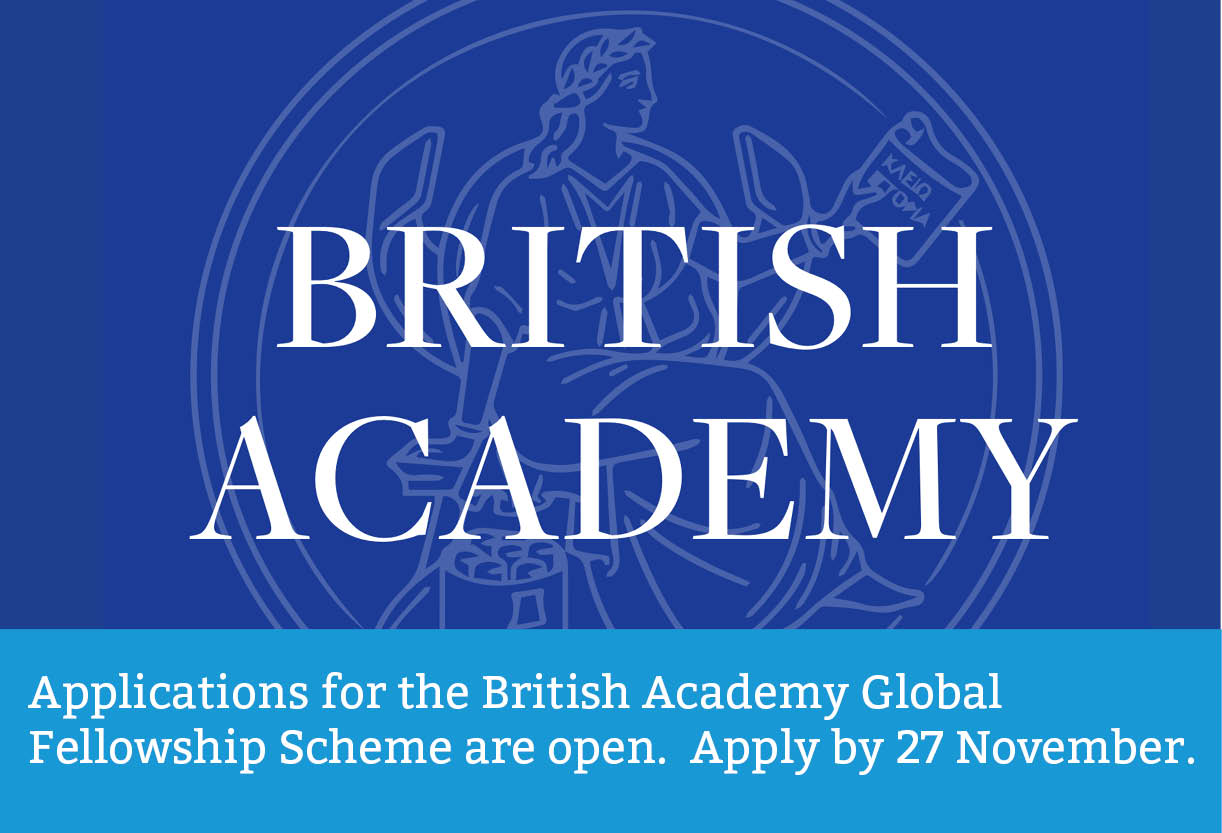
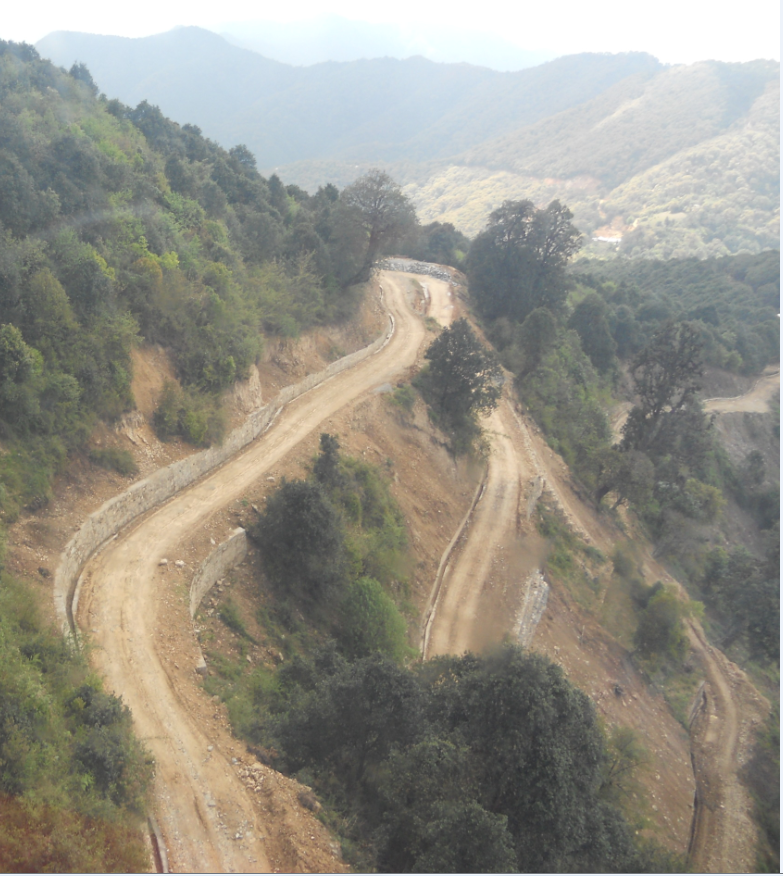




 George Fisher, Echoes in Space, 2018
George Fisher, Echoes in Space, 2018 Daniel Bell, Spectra, 2018
Daniel Bell, Spectra, 2018

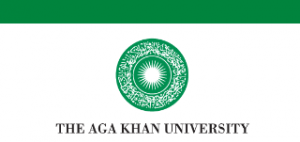
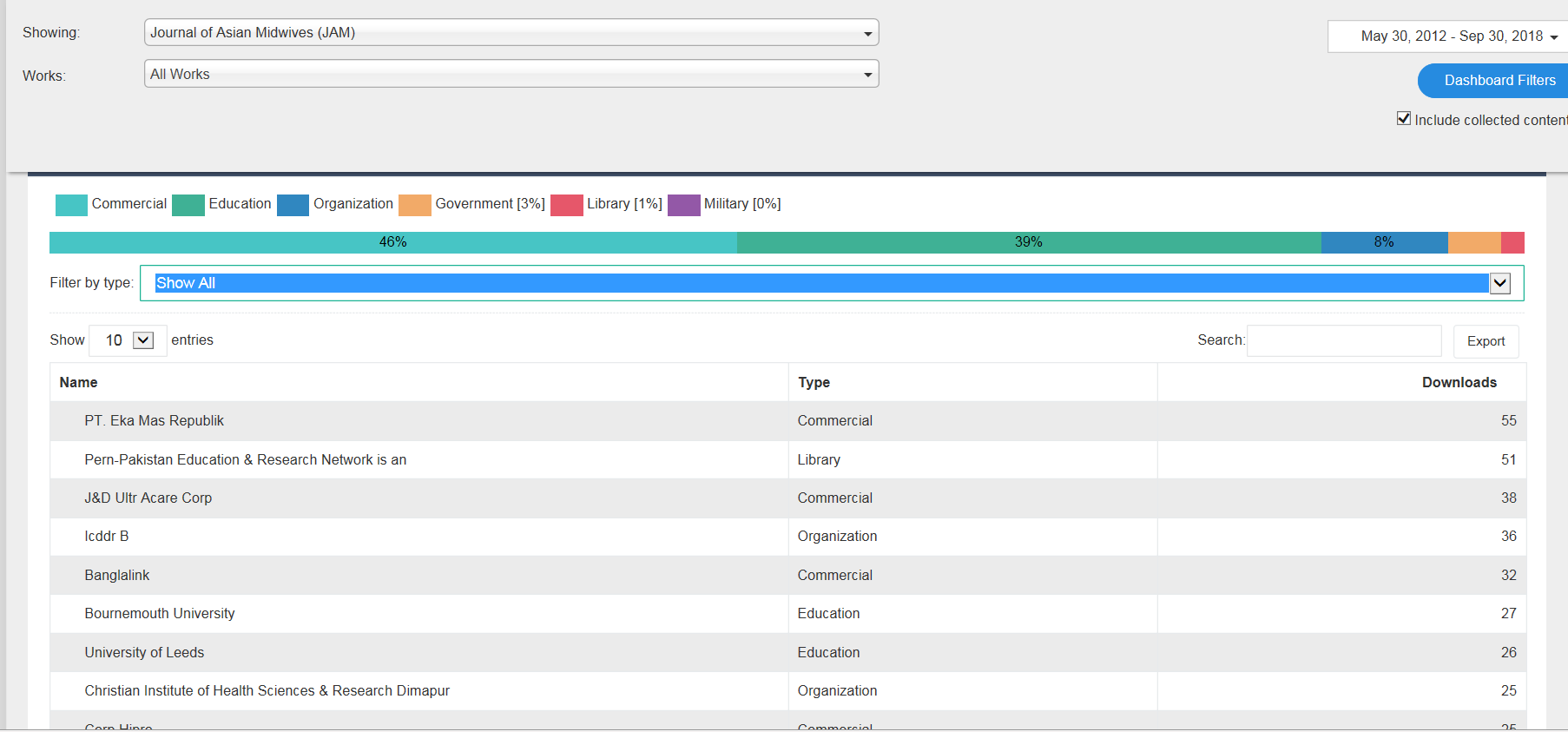
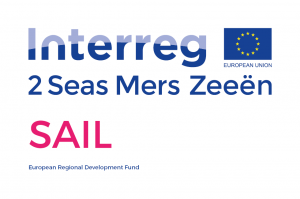 oject is in 4 phases: Explore, Design and Develop, Test and Evaluate. October 2018 will see the SAIL project move into the third phase: Test. The visit to Hunstanton provided an opportunity to see at first hand the challenges which face the area in terms of supporting an aging population now and in the future. The Mayor of Hunstanton hosted an evening reception in the Town Hall to welcome the SAIL Research Team and to learn more about the progress which is being made.
oject is in 4 phases: Explore, Design and Develop, Test and Evaluate. October 2018 will see the SAIL project move into the third phase: Test. The visit to Hunstanton provided an opportunity to see at first hand the challenges which face the area in terms of supporting an aging population now and in the future. The Mayor of Hunstanton hosted an evening reception in the Town Hall to welcome the SAIL Research Team and to learn more about the progress which is being made.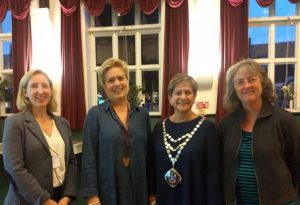
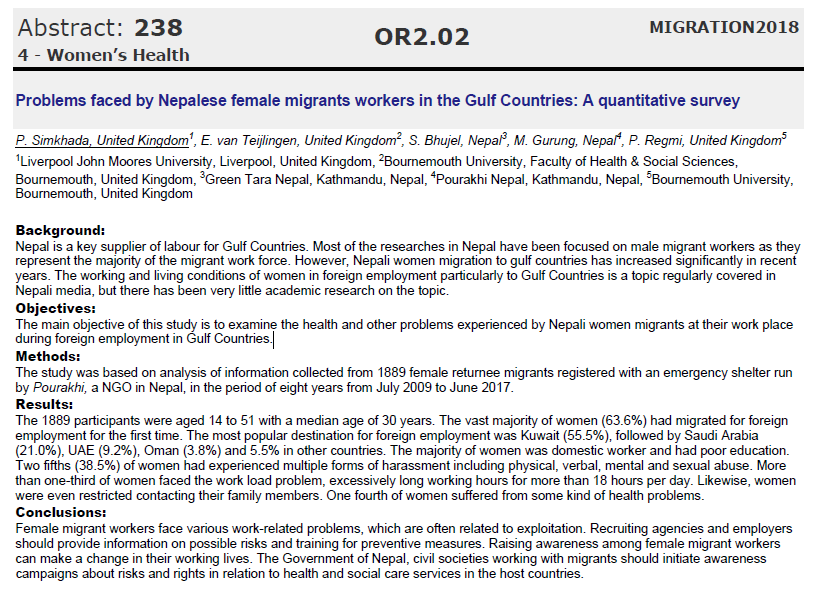
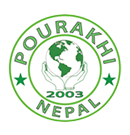












 Beyond Academia: Exploring Career Options for Early Career Researchers – Online Workshop
Beyond Academia: Exploring Career Options for Early Career Researchers – Online Workshop UKCGE Recognised Research Supervision Programme: Deadline Approaching
UKCGE Recognised Research Supervision Programme: Deadline Approaching SPROUT: From Sustainable Research to Sustainable Research Lives
SPROUT: From Sustainable Research to Sustainable Research Lives BRIAN upgrade and new look
BRIAN upgrade and new look Seeing the fruits of your labour in Bangladesh
Seeing the fruits of your labour in Bangladesh ECR Funding Open Call: Research Culture & Community Grant – Apply now
ECR Funding Open Call: Research Culture & Community Grant – Apply now ECR Funding Open Call: Research Culture & Community Grant – Application Deadline Friday 12 December
ECR Funding Open Call: Research Culture & Community Grant – Application Deadline Friday 12 December MSCA Postdoctoral Fellowships 2025 Call
MSCA Postdoctoral Fellowships 2025 Call ERC Advanced Grant 2025 Webinar
ERC Advanced Grant 2025 Webinar Update on UKRO services
Update on UKRO services European research project exploring use of ‘virtual twins’ to better manage metabolic associated fatty liver disease
European research project exploring use of ‘virtual twins’ to better manage metabolic associated fatty liver disease